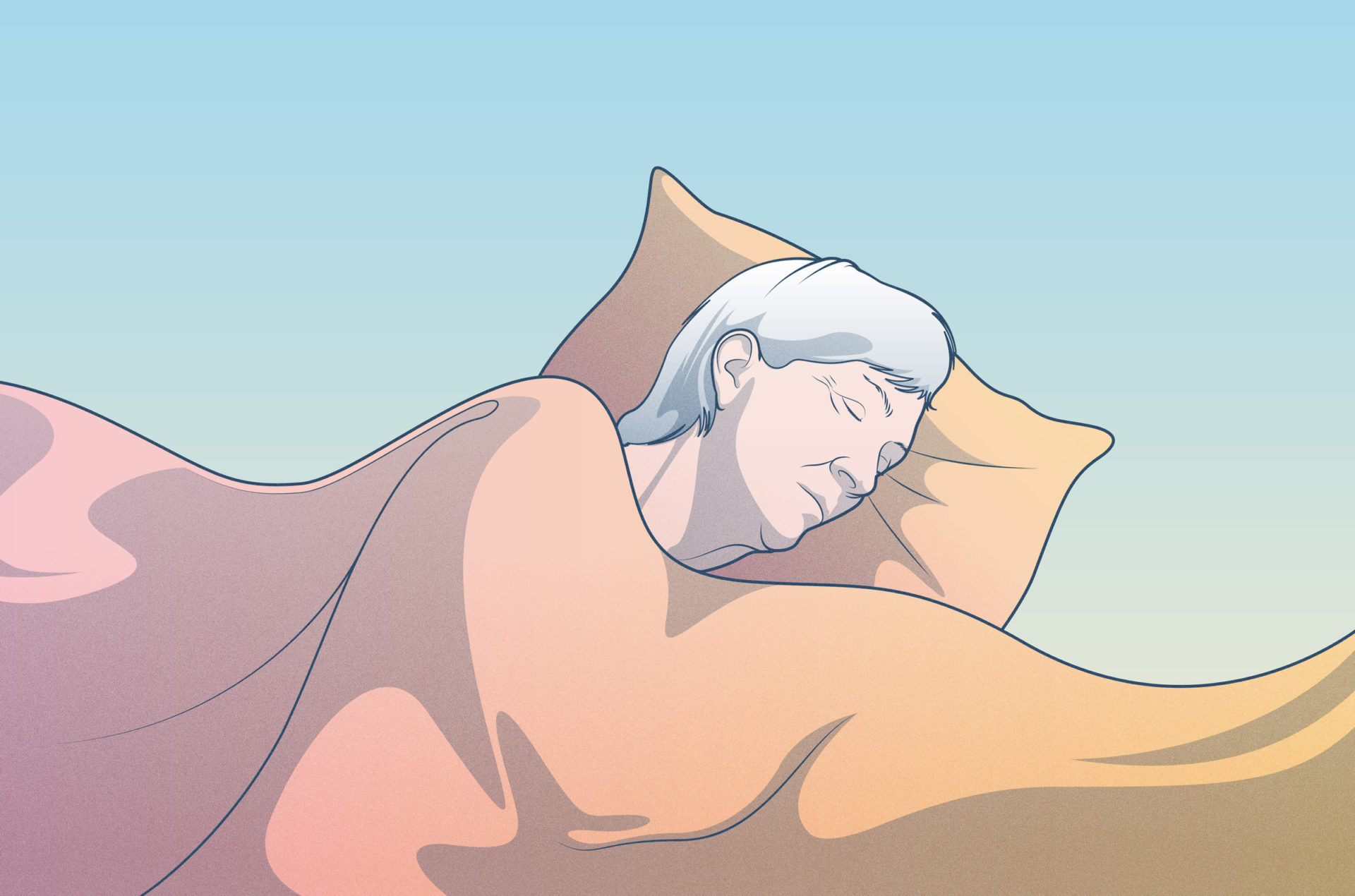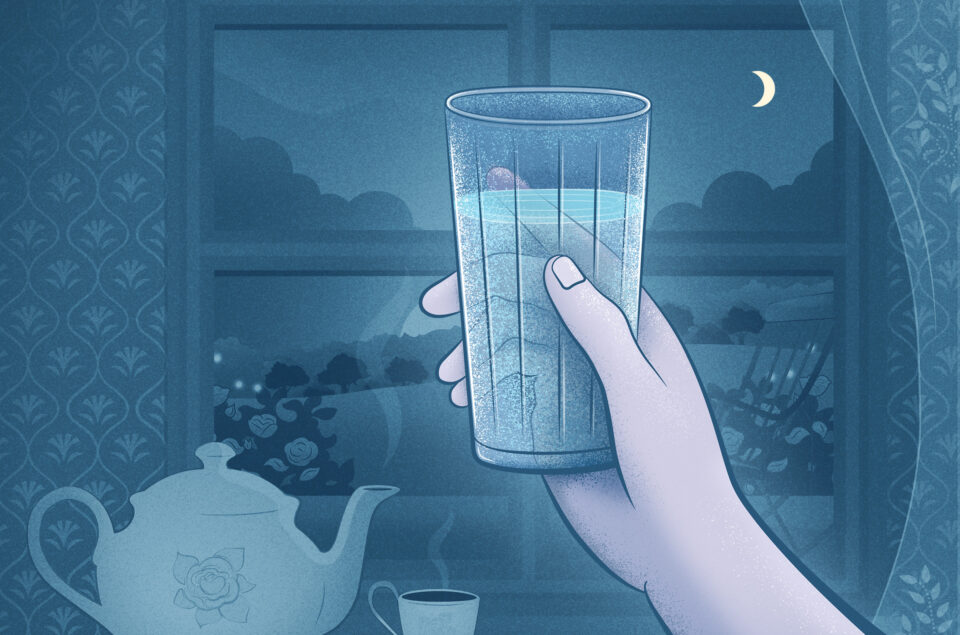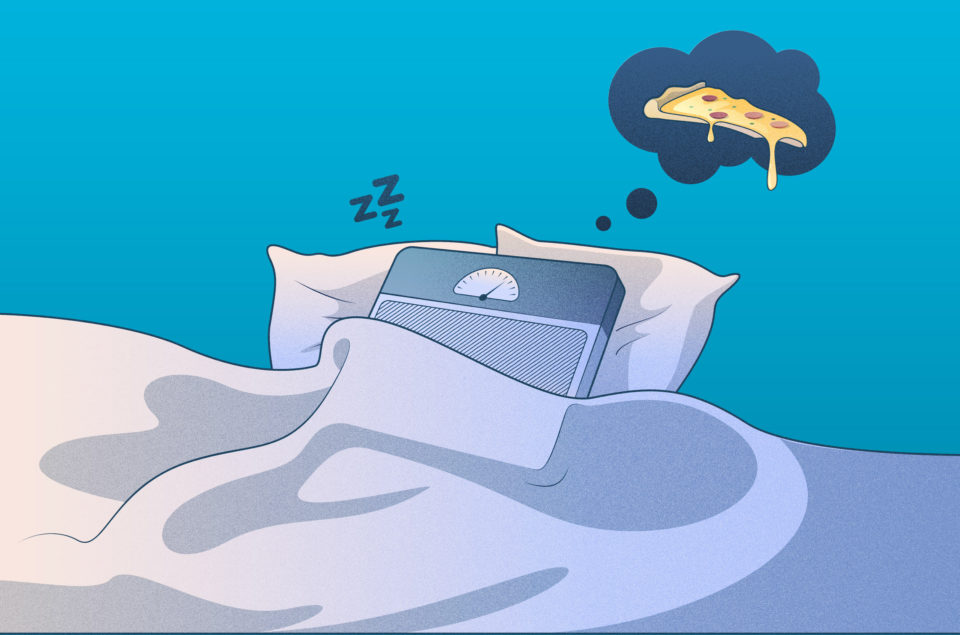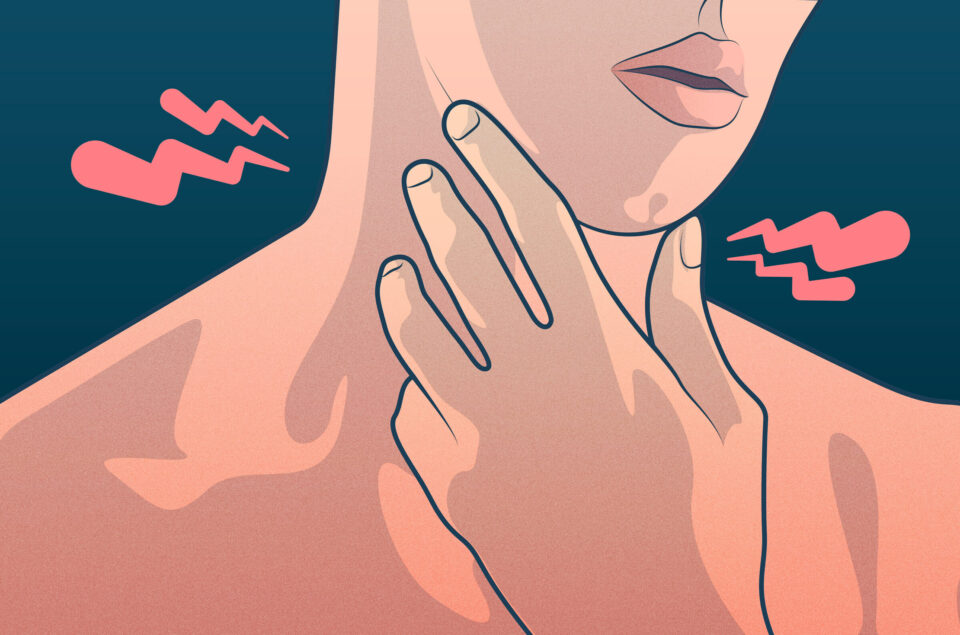Regardless of age, sleep plays an essential part in our general health and ability to function properly during the day. Sleep enables us to heal, grow and repair, and to re-energize our bodies and minds. As we get older, however, getting good quality sleep can become a challenge.
So, how much sleep do over 60s need? According to Age UK, adults over 60 require between about seven and nine hours of sleep each day. The amount of sleep that you actually need, however, will depend on several different factors, such as your general health, the daily activity you do and your age. When you’re working towards achieving good quality sleep, understanding the reasons why sleep is important after 60 is as important as recognizing the factors that can inhibit effective sleep.
The importance of sleep after 60
How are sleep patterns typically affected by age? Well, as we get older, our bodies are dealing with different pressures and health risks, therefore getting the best quality sleep possible, for the optimum amount of time is crucial for staying fit and healthy over time.
There are many reasons why sleep is vital for the elderly, including:
- It can lower the risk of memory loss and Alzheimer’s
Research shows that Alzheimer’s disease and memory loss can be caused by a build-up of beta-amyloid – a protein that is found in the fluid that is present between neurons. This build-up means that communication between the neurons is not as effective as it could be. The research also shows, however, that deep sleep can help to disperse the beta-amyloid protein, helping to rejuvenate the mind and reduce the chance of memory loss and Alzheimer’s.
- It can boost energy and increase alertness
Getting a good night’s rest and decent sleep can give us all more energy during the waking hours. As we get older, mobility, stability, and flexibility can become more problematic, affecting our energy to move, be alert, and be able to support ourselves physically. This can contribute to the possibility of trips, falls, and other accidents, both by potentially being physically weaker as well as mentally less alert.
- It can help to boost immunity
Growing evidence from scientific research shows that good quality sleep can significantly affect the immune system. With age, the immune system can get weaker, making the elderly more susceptible to infections, different forms of cancer, and inflammation, as well as less responsive to vaccines. Ensuring that older people are getting adequate sleep is essential for their immune systems to stay as strong as possible.
- It can help to prevent weight gain
Studies show that sleep can play an important role in preventing weight gain. It can modulate glucose metabolism and neuroendocrine function that can affect weight gain, and evidence shows that changes in the body with age can mean that it is easier to put on weight than when we are younger. Weight gain is particularly unhelpful for older people as they are generally less active, and, consequently, more likely to contract other health issues such as type 2 diabetes and heart problems.
- Stress
Anecdotal evidence suggests that there is a strong relationship between sleep and stress. Stress, however, can be difficult to measure, and its nature and effects can change as we grow into older age. It can be difficult to tell which comes first, but it seems to be true that stress can be the cause of unsettled sleep, and, similarly, that unsettled sleep can be a contributing factor to stress regardless of our ages.
Main causes of sleep problems in the elderly
Some of the sleep changes in elderly people that we see are caused by certain factors or sleep disorders. Sleep changes with age and these changes can have a significant effect on the person’s health. Some of these factors include:
- Menopause: Research shows that over 35% of women experience a sleep disorder when they are going from perimenopause to the post-menopause period. Some of the issues that are common experiences of these women include hot flashes (night sweats), insomnia – often caused by hot flashes, and sleep apnea.
- Anxiety: We have probably all suffered from difficulty sleeping when we have something on our minds. This is no different as we age. Stress and problems may take on a different shape as we get older, but nevertheless still exist, causing sleep problems and insomnia in elderly people. Incorporating relaxation, exercise, and bedtime routines such as taking a bath and avoiding screens can help relax the mind before sleep.
- Caffeine and Alcohol: Caffeine and alcohol are both stimulants that can affect our ability to sleep and quality of sleep. This also has the same effect on older people as caffeine can make it difficult to get to sleep in the first place as well as delay the body clock. Alcohol, however, can have the effect of sending us to sleep easily but can result in a bad quality sleep. Reducing the intake of caffeine and alcohol can help, especially in the afternoon or close to bedtime.
- Neurodegenerative Disorders: Neurodegenerative disorders such as Parkinson’s, Alzheimer’s, and dementia can have a detrimental effect on sleep and can be the cause of several sleep problems in the elderly. The best way to help with this is to ensure that they are being well looked after medically.
Tracking the amount of sleep and quality of sleep that we get can be particularly useful when faced with the challenges that come after 60, giving you a better understanding of your sleep patterns and the most effective techniques to help you to a good night’s sleep!










